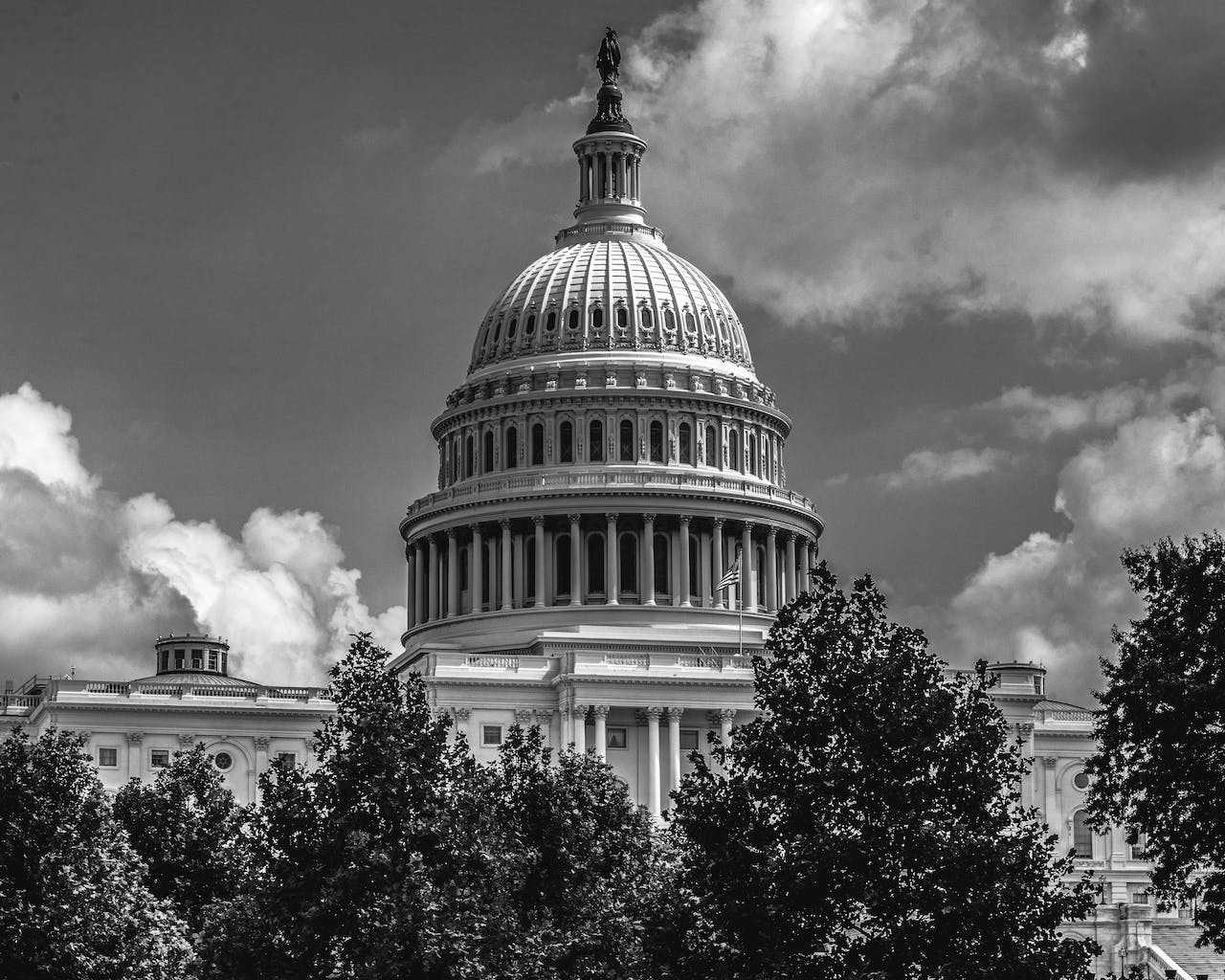Since the cannabis industry hasn’t performed as many investors had anticipated, one cannabis company is branching out into another faltering sector: craft beer.
Tillray Brands, a Canadian cannabis retailer, is acquiring American beer brands, becoming the fifth-largest craft brewer in the United States by volume with 18 brands, including SweetWater, Montauk, and Shock Top.
Tilray has swept them up at low costs thanks to a craft beer shakeout. However, it also poses a problem for the just-established brewing business: According to a Bump Williams Consulting review of NIQ data, craft beer sales at U.S. retailers decreased 4.4% by volume during the first nine months of this year compared to the same period last year.
“I’m either real smart or real dumb,” Tilray Chief Executive Irwin Simon said in an interview.
According to Simon, his goals are to increase his income, cultivate connections with beer distributors, and someday use that network to market marijuana-infused beverages in the event that they are made legally legal in the United States.
Tilray sells marijuana pre-rolls, vapes, and candies in Canada in addition to THC drinks. The business does not sell recreational marijuana goods in the United States, where marijuana sales are still prohibited by federal law even though 24 states and the District of Columbia have legalized the drug for recreational use.
When Canada’s marijuana business first opened in 2018, it attracted investors and entrepreneurs, igniting a stock market frenzy reminiscent of the dot-com boom of the late 1990s. Large corporations, affluent families and amateurs all invested in the fledgling market during the craze.
These businesses served as platforms for investors who wished to get involved in the cannabis sector without breaking any federal laws in the United States. When cannabis became federally legal, as many anticipated would happen soon Canadian operators argued that they would be ready to enter the U.S. market.
It hasn’t. And when plans to legalize cannabis for recreational use in Florida and two other states failed to secure the necessary number of votes this month, the momentum toward legalization stopped.
Simon, who used a similar tactic to acquire brands at the snack giant Hain Celestial, claimed that the beer industry drew him in since it made it possible for Tilray to enter the American market.
In 2020, the firm agreed to purchase Atlanta-based SweetWater Brewing, marking its first acquisition of craft beer. Because the Canadian cannabis market and the U.S. beer sector share comparable laws and distribution strategies, Simon said beer was a good fit for Tilray.
As per Simon, Tilray has invested over $450 million in 20 brewhouses, nine manufacturing sites, and 18 beer brands since 2020. In a sluggish market, the agreements have enabled beer titans to remove lesser brands from their portfolios.
Tilray agreed to purchase four beer brands from Molson Coors in August, and it purchased eight beer brands from Anheuser-Busch InBev, the company that brews Budweiser, last year.
Simon stated his intention to employ marketing expenditures to broaden the reach of companies like Montauk throughout a three- to four-state area. Tilray is investing time and resources into physically interacting with its clientele by holding events at its breweries, such as music festivals with a cannabis theme.
Some seasoned beer industry professionals have doubts about Tilray’s proposal.
“Craft is notoriously resistant to roll-up synergies,” stated Jim Koch, founder of Samuel Adams, who helped launch the craft beer movement in the United States decades ago.
Koch claimed that Tilray is “purchasing these assets from those who tried it—Molson Coors or ABI—without much success.”
There are chances to grow craft beer brands that didn’t receive the necessary attention from big corporations, according to Bart Watson, chief economist for the Brewers Association, an organization that represents the craft beer industry.
“Many people have invested money in the craft beer industry, and while that hasn’t ensured success, people are curious to see what happens,” Watson said.
Tilray currently has over 700 beer distributors in the United States and is expected to sell 15 million cases of beer this fiscal year.
According to Simon, the corporation wants to save money by purchasing cans and hops in bulk in order to achieve profit margins of 45% on the brands it has bought. In the most recent quarter, Tilray reported that its beer and cannabis products had profit margins of 40%.
According to the Brewers Association, craft breweries that package beer for distribution usually have profit margins between 30% and 40%.
As consumer tastes shift, beer consumption is declining in the United States. Younger adults who drink tend to consume less overall and like canned drinks and malt beverages with fruitier flavors. According to industry analysts, cannabis is also harming beer sales in the United States.



